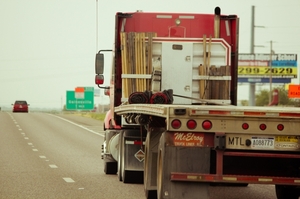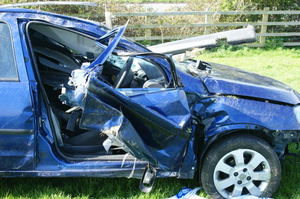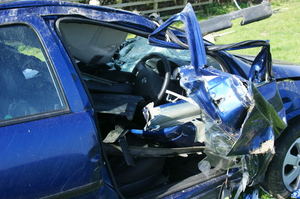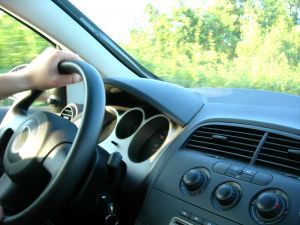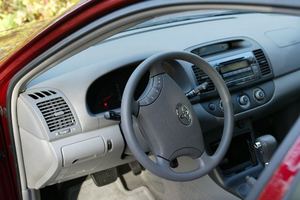On Christmas Eve, 2013, a mother and grandmother anxiously waited for a 9-year-old girl to arrive. Her father was to bring her over, and they planned to make gingerbread houses and set out cookies for Santa.

But the little girl never made it. Her father, 27, was drunk, lost control of the vehicle and smashed into a tree. The roof of the vehicle was crushed. It took rescue crews 45 minutes to extricate him from the vehicle. It was only then they realized the 9-year-old girl in the back seat. She was pronounced dead at the scene. Her father’s blood-alcohol content was 0.137 percent – well above the legal limit of 0.08 percent.
He was recently convicted in Illinois of aggravated DUI resulting in death, and sentenced to three years in prison. The guilt that follows him, no doubt, will be a lifetime sentence.
Our Fort Lauderdale drunk driving accident lawyers understand no matter what criminal or civil penalties a drunk driver receives, it will never make it totally right. Still, pursuit of personal injury and wrongful death cases is sometimes financially necessary and often helps families to receive a modicum of closure.
The holidays are a tough time for anyone who has suffered loss, but it’s especially difficult when this time of year marks the anniversary of such a devastating tragedy. The U.S. National Institute on Alcohol Abuse and Alcoholism reports 40 percent of traffic-related deaths on both Christmas and New Year’s involve driver’s who are drunk. This is 12 percent higher than during the rest of December.
Many people are on vacation. They are gathering with friends and family. Alcohol is often a part of these functions. But such beverages must be consumed responsibly, especially if one plans to get behind the wheel.
While law enforcement ramps up enforcement around these holidays, the NIAAA and other traffic safety advocacy organizations are pushing for an increased awareness about how quickly one’s judgment and driving ability can be impaired.
The NIAA conveyed the following facts in a recent advertisement:
–Alcohol acts quickly. It interferes with one’s judgment, coordination and ability to drive long before any obvious signs of physical intoxication appear. The initial energy surge people experience when drinking is deceptive. The reality is, continued alcohol consumption will significantly slow reaction time.
–The effects of alcohol are lasting. It enters the bloodstream and will subsequently impact the body for many hours after consumption. When someone drives late at night after drinking, the sedative effects of the drug are compounded because people are instinctively more tired at night.
–Caffeine is not going to help. It doesn’t counteract the affects of alcohol or help anyone make better decisions. The only thing that will bring on sobriety is time.
While everyone metabolizes alcohol differently, a general rule is to have no more than one alcoholic drink per hour, and to make every other drink a non-alcoholic one.
When people leave holiday functions impaired, they are not setting out to hurt anyone. But lack of bad intent means little to a parent who has lost a child.
Our Fort Lauderdale accident lawyers are experienced in guiding drunk driving victims through all possible legal options.
Continue reading
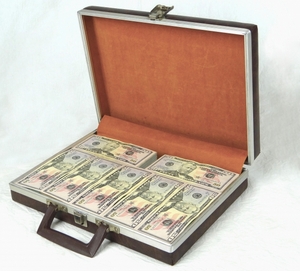
 Broward Injury Lawyer Blog
Broward Injury Lawyer Blog





